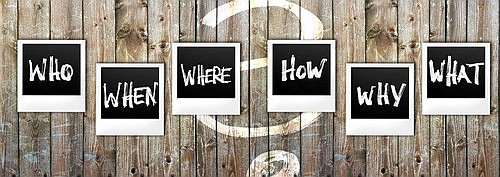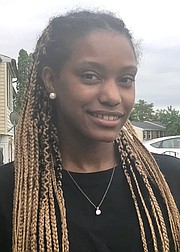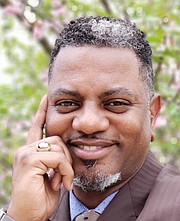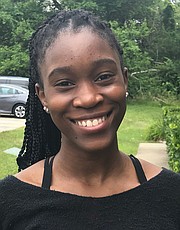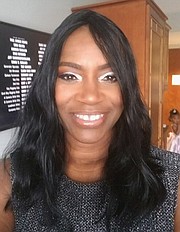On May 25, 2020, George Floyd was killed in Minneapolis, Minnesota. Former Minneapolis, Minnesota police officer Derek Chauvin, who was caught on video pressing his knee to Floyd’s neck, has been charged with second-degree murder. Chauvin was fired along with the other three officers on the scene— Thomas Lane, J. Kueng and Tou Thao. They were charged with aiding and abetting second-degree murder and second-degree manslaughter.
Floyd’s death while in police custody has powered a movement around the globe against police brutality and racial injustice. The chant of “Black Lives Matter” has grown even louder and fiercer as people of all colors stand in solidarity to oppose the killing of blacks at the hands of police officers.
Other high-profile recent deaths include: Ahmaud Arbery, who was killed in Georgia on February 23, 2020 after being pursued and shot by two white men, and Breonna Taylor, an EMT worker who was killed in Louisville, Kentucky by police on March 13, 2020.
Amid already heightened tension over these deaths, Rayshard Brooks, 27 was killed in Atlanta on June 12, 2020, by an Atlanta officer following a field sobriety test. Brooks was killed after he snatched an officer’s Taser and pointed it back at the officer while fleeing. The Wendy’s restaurant where the incident happened was set ablaze, and Brooks’ death has sparked new protests.
In the aftermath of these killings, there have been growing demands for change. Among them, calls to defund police departments. Locally, the Baltimore City Council cut $22 million from the police department’s budget. Nationally, NASCAR has announced plans to ban Confederate flags at its events, and in states across the country, monuments, and statues that many feel symbolize white supremacy and oppression are being taken down. On Tuesday, June 16, 2020, President Donald Trump signed an executive order addressing policing reforms.
Amidst the civil unrest, politicians, activists, lawyers, celebrities, and others have also voiced their thoughts and opinions about what needs to happen next. What do you think? This week, The Baltimore Times took to the streets to ask the question: Where Do We Go From Here?
Courtesy Photo
Carizma Williams Social Worker, MSW “Now that we have gotten the media and leaders’ attention, the next step is to educate. We can do that in multiple ways. We need to cater to everyone’s different learning styles. Not everyone understands why there is such a large group of people upset. The narrative is ‘Black Lives Matter,’ but all minorities who have been mistreated in any form or fashion should also be included. We may not be able to change the past, but going forward, we need to unite the community. We lack unity. We unite when it comes to protests and riots, but we are not on the same page when it comes to leadership and politics. As for the police, they need to incorporate some customer service education and people skills. They are so quick to grab their guns. They need different training. I also believe those we vote in, want to do well, but the system blocks them to an extent. Change will not come if we don’t see something wrong.”
Courtesy Photo
Leonard Stepney, Jr., Retired “I feel we protest because our struggle and obstacles have been so great. The metaphoric ‘knee on our necks’ have kept black Americans in a cycle of crime, unemployment, under-employed, under-educated, and and unhealthy. Systematically, we have been considered less then since 1619. There have been strides, but it’s the heart that has to change. We’ve had A Black president, and civil rights laws have been enacted, but the death of those at the hands of police illustrate that things haven’t changed much. Where do we go from here? Police reform, police training, laws that make police accountable for their actions, voting out those who are against the agenda of peace, equality, and justice for all, and of course prayer. Prayers that changes the heart of those who want to do us harm. Prayer changes things.”
Courtesy Photo
Alliya Dabo Student (Morgan State University) “I think we can’t go back to normal because we now face someone else’s normal. The only difference is that it is being recorded. I think change needs to happen immediately instead of waiting for a riot, protest, or for Social Media to be outraged for changes to be made. For example, with Breonna Taylor, the police came into her house unannounced, but it took rioting and retweeting in order for the ‘No Knock Warrant’ to be banned. For Ahmaud Arbery, when he was gunned down, the case was closed, but once people became more aware of it, the more evidence came out, such as the video. Once the media and public gets ahold of something, you can be held accountable. We need to take the initiative as soon as something happens.”
Courtesy Photo
Carol Williams “I think the next step is to begin to turn the finger on ourselves. We have to show respect and love, and stop killing each other. If we as black people can’t respect ourselves, how can we expect other people respect us? Proclamations and laws to stop police from killing us, won’t stop us from killing us. If we treat ourselves like animals, other people will do the same. We all need to pray and come together as one.”
